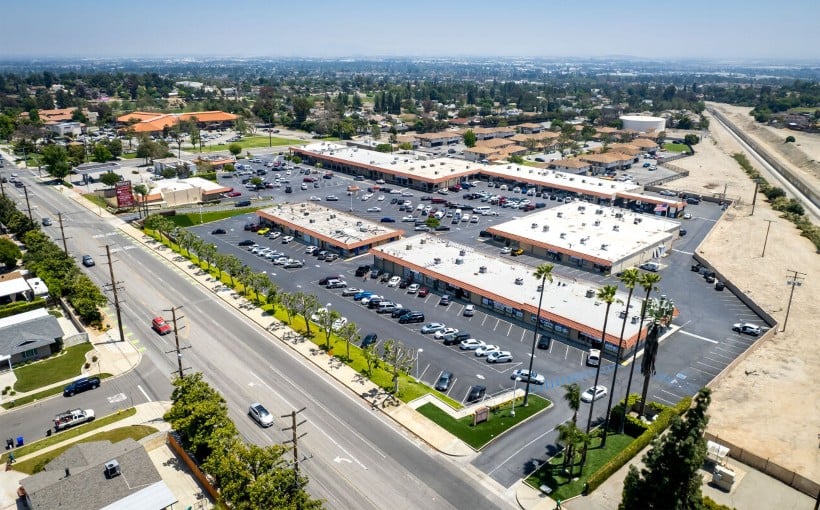The Impact of Innovation on Economic and CRE Growth
In recent years, digitalization has transformed from a concept in science fiction to a major driver of the global economy. According to JLL, the digital segments now account for 15% of global economic output, including industries such as software development, hardware manufacturing, space technology and genomics.
This “ubiquity of innovation” is not only shaping the economy but also impacting commercial real estate (CRE) and urban development. In its third edition of Innovation Geographies report , JLL delves into this evolving landscape and its effects on both economic growth and CRE.
Defining Innovation
Before we dive into how innovation is driving change in various markets around the world, it’s important to understand what exactly constitutes as “innovation.”
According to Phil Ryan , Director – City Futures at JLL Global Insight , innovation can be measured by combining two key factors: output level (patent generation, foreign direct investment etc.) and talent concentration (educational attainment levels). Additionally,the working-age population growth rate,migration patterns,and GDP per capita are also crucial indicators.
Secondary & Tertiary Markets Competing with Major Hubs
JLL’s report highlights that secondary cities are increasingly competing with established hubs when it comes to attracting top talent,corporate presence,and investments. This trend can be attributed partly due to rising costs in major cities which have led companies seeking more affordable options elsewhere while still maintaining access top-tier talent pools.Additionally,some secondary markets offer attractive lifestyle benefits that appeal particularly well among younger generations who value work-life balance.This shift has resulted in emerging hubs like Austin,Texas gaining recognition globally for their thriving innovative ecosystems.Other notable examples include Denver,Sydney,Dallas,Dublin,Hong Kong,Cologne,Nashville,Brisbane,Rotterdam,Pune,Las Vegas,and Lille.These locations have seen an influxof people migrating from larger cities like San Francisco,Beijing,London,and Munich in search of better opportunities and a more affordable cost of living.
The Importance of Gateway Markets
Despite the rise in popularity for secondary markets,gateway cities remain crucial players in the global innovation landscape. According to JLL’s report,the San Francisco Bay Area,Beijing,London,Los Angeles,Munich,and Shenzhen are still considered global leaders when it comes to innovation.These cities have received over $655 billion dollars in venture capital funding over the past three years alone,making up 55%of total global investment during this period.Ryan emphasizes that these gateway markets will continue to be essential for both occupiers and investors due to their large talent pools and established ecosystems.
Looking Ahead: Considerations for Companies & Investors
As digitalization continues its rapid expansion,it is imperative that companies reassess their location strategies.Investors must also consider how they can attract high-growth occupiers by creating diverse portfolios with co-located institutions,corporations,talent,and infrastructure.This requires collaboration between public authorities,corporate occupiers,and real estate investors.Additionally,Ryan notes that innovation is not limited onlyto technology or AI,but rather touches all sectors such as finance,law,accounting and media.Companies operating within these industries need to adapt quickly by incorporating industry-specific technologies into their operations.This shift will also impact workspace design,talent recruitment strategiesand other aspects related site selection.Finally,JLL’s report stresses on the importancefor cities,to foster specialized clustersand investin developing skilled workforces.Those who succeedwill reap greater returns while positioning themselves as hubs for pioneering technologiesinthe future.




